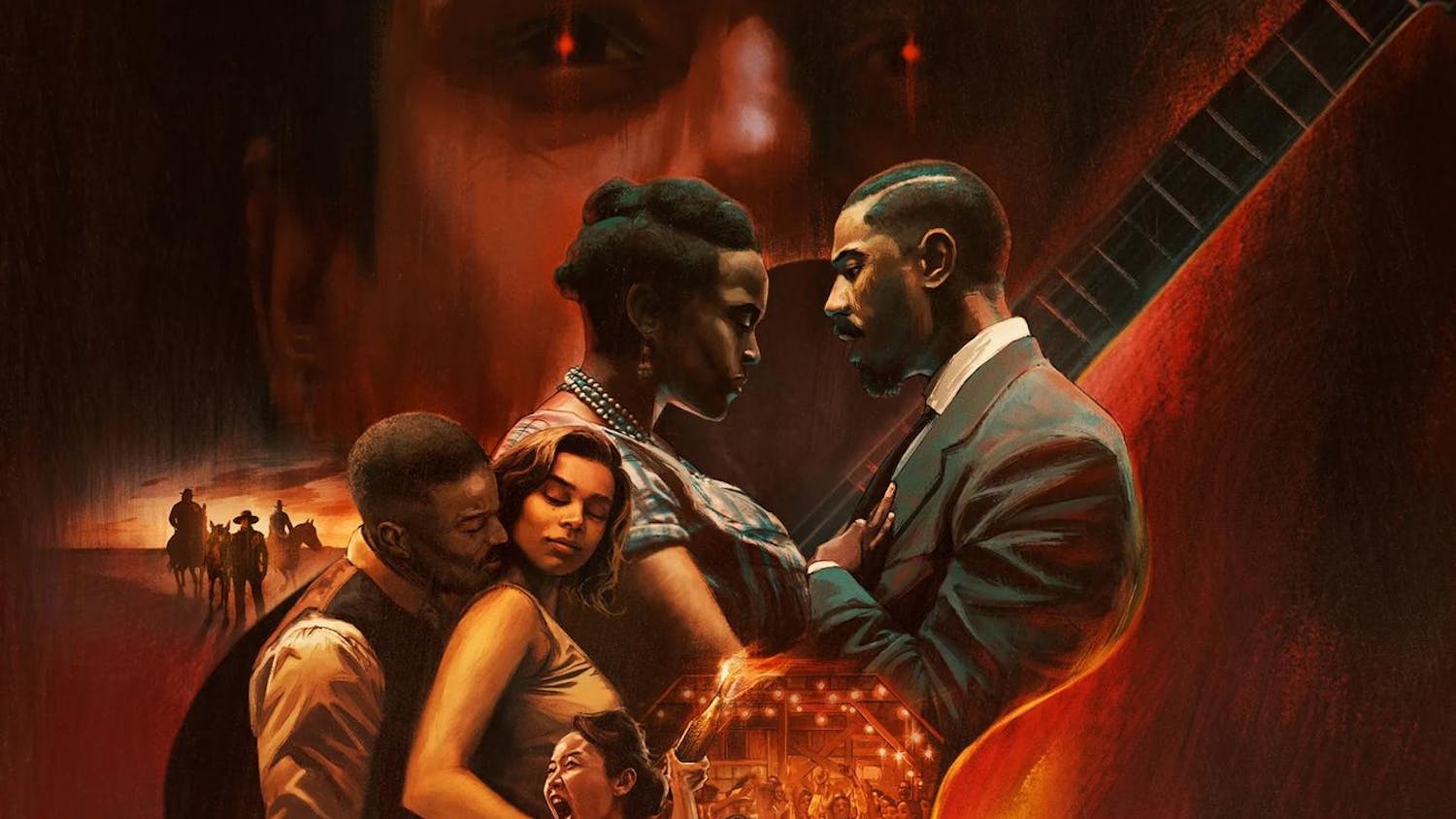Kamau Ware, artist and founder of Black Gotham Experience, spoke at the Center for the Public Humanities Tuesday afternoon as part of his touring presentation highlighting his New York City-based company. Black Gotham Experience offers events like walking tours and produces graphic novels that emphasize erased stories to reveal how the African diaspora has been excluded from public understanding of New York City’s history.
Ware started the lecture by breaking down his personal background. Hailing from a family of academics and debaters, Ware grew up accustomed to discourse and stories, which inspired his love of books and graphic novels. The library became his “happy place,” he said, which naturally led to an interest in archives and artifacts.
Though influenced by his upbringing, Ware’s company’s mission was ultimately inspired by a question he received from a middle school student while working at the Tenement Museum in New York. “Where were the black people?” she asked after patiently listening to the history he provided of immigrant Americans living in New York City in the late 19th and early 20th centuries, Black Gotham Experience’s website explains.
In the talk, Ware discussed how he “began to realize that there’s actually a problem with the artifacts and a problem with the archives. … There are things that are unwritten,” he said, adding that in the recording of history, stories lacked visual representations or accounts from diverse perspectives — the materials that historians and students gravitate toward. Ware founded Black Gotham Experience as a means of both discovering and revealing these untold histories.
The name “Black Gotham Experience” comes from Ware’s consideration of the dilemmas he works to make evident. He chose “black” because “when I think about blackness I feel like that is something that connects people throughout the diaspora, whether they are from West Africa, the Caribbean, South America, North America,” he said.
“Gotham” goes beyond Ware’s interest in comic books. In his origin story, Batman resides in Gotham, a fictional city often likened to New York City. The cities have become synonymous in tellings of the story, but “New York City is not technically Gotham,” Ware said. “Gotham is those imaginary spaces,” he added, noting that the Providence people encounter today is different from the historical Providence, which must be imagined to be understood, as so many stories have been lost over time. “Those are Gothams — that collective unconscious history that is present … but that is not represented,” he said.
Ware has tried to reintroduce unwritten histories through his art. Drawing on history of the camera as a method of making marginalized stories visible, Ware took photographs of individuals cast as forgotten historical figures. He broke the photographs with long vertical lines to invoke known images of tribal marks, barcodes and historical etchings while stripping away contemporary technology. Photographs in this style appear in “Other Side of Wall Street,” a graphic novel produced by Black Gotham Experience, which is being released in chapters.
We are “right in that time period where it makes sense to begin to go back to those documents and say things are missing. Let’s try to photoshop black folks back into history,” he said.
Black Gotham Experience works to reintroduce a more complete history through walking tours on New York City streets.
Marisa Brown, assistant director of programs at the Center for the Public Humanities, noted the important ability of these tours to reach a new and diverse public by telling stories in a way “that not just students can participate in, but adults, children, people of all ages of at any stage of life,” she said.
The tours provide Ware and participants the opportunity to disconnect from artifacts and their one-sided histories.
“We have to be mindful of how artifacts alone create the same kinds of realities that we’re trying to critique,” he said, adding that new teaching and learning techniques must be utilized to reintroduce lost voices. To exemplify this dilemma, he raised a painting of Rhode Island ship captains who would become trustees of the University, pointing out the black servants at the edges of the image. While they were present, their stories were not the focus, and thus remain untold.
“If you only stick to what’s painted but don’t look at what’s not painted, you’re going to get two different pictures,” Ware said. Artifacts are not adequate tools to understand an inclusive history. “It’s like having the wrong software, like trying to design a building with Google sheets,” he added. Understanding these stories requires using your imagination to connect the hidden dots, he said. “Part of our operating system as human beings involves our empathy, our imagination, our creativity,” he said.





